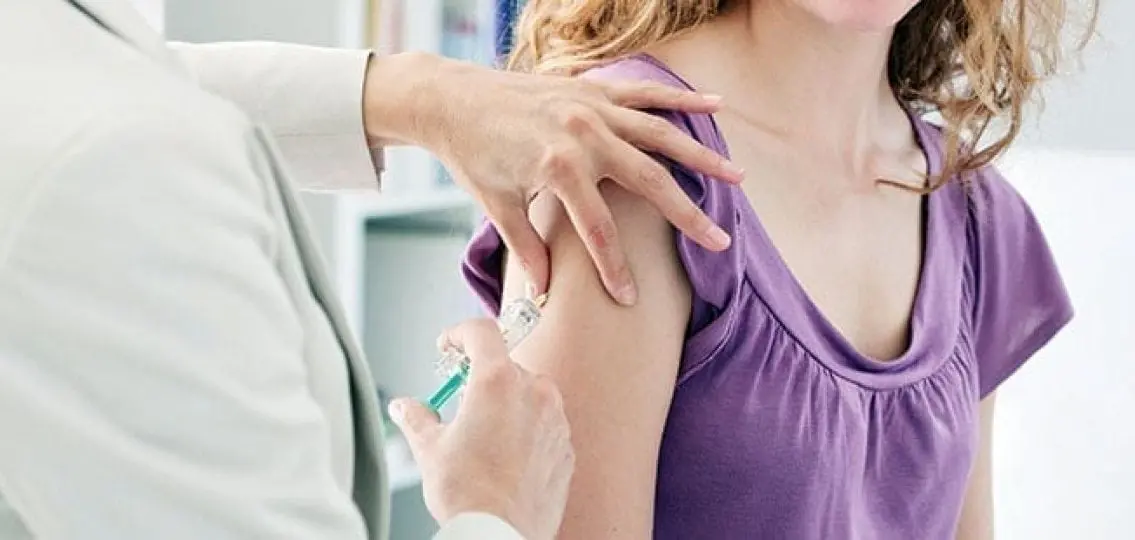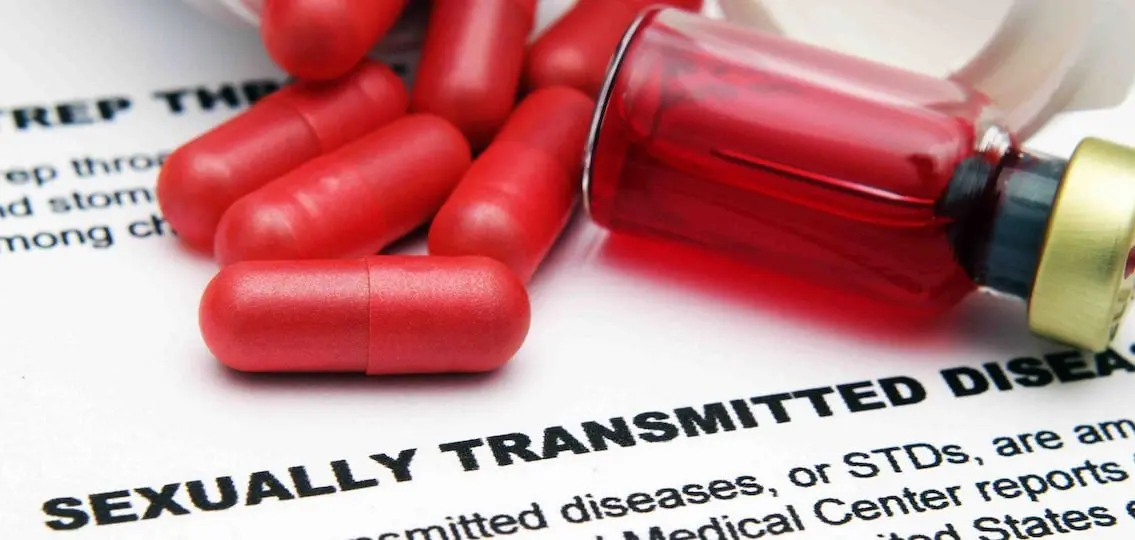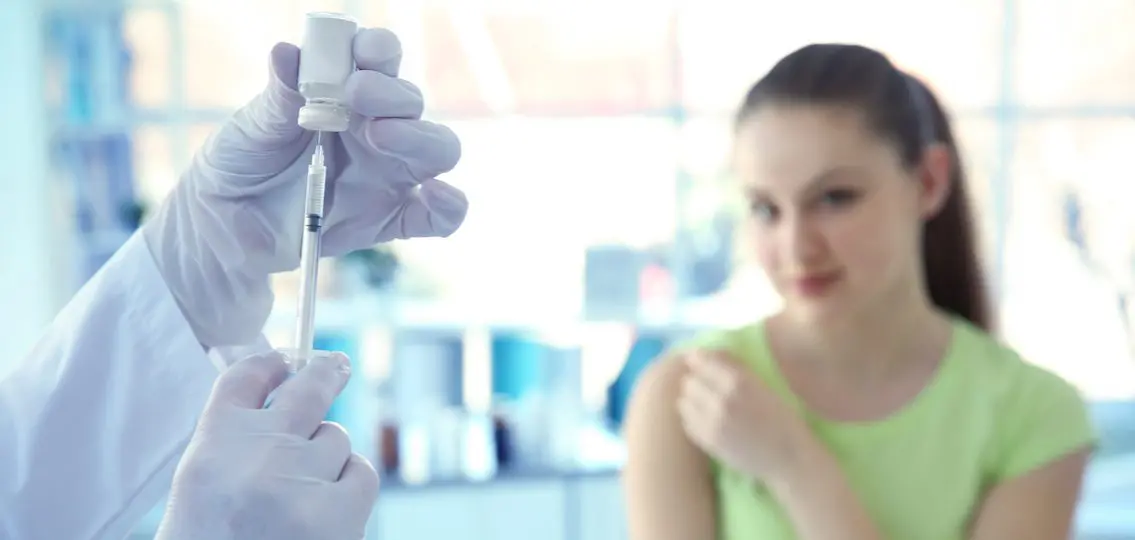Overlooking or delaying an HPV vaccine for your teen? I want to share a story with you that might change your mind.

Our family loves SEC football. Every year, a reunion occurs during a college football weekend. We meet with other college friends on Friday night, have a nice dinner, and spend the evening together then tailgate all day Saturday before heading home on Sunday.
November 16, 2018 began like any other reunion weekend. We had a great time, but during our Saturday tailgating, one of my dear friends told me she had unexpectedly lost 15 pounds but was very happy to be in smaller clothes and attributed the change to pre-holiday stress.
The weekend was warm and fun. Our team won, and we left the reunion promising to see each other the following year.
I believe most things in life happen for a reason, and there are lessons in these events. Sometimes we have to be paying attention, but other times, those lessons will hit you right in the face. This one hit me in the face and the heart.
My dear friend hadn’t lost the weight because of pre-holiday stress. I spoke to her husband on Thanksgiving. He told me she wasn’t feeling well, and doctors were planning to run some tests. The following week, I received the call telling me she was in the hospital, suffering severe abdominal pain. We soon discovered she had stage 4 cervical cancer.
Having been a nurse for a very long time, I knew what that meant. He said they were going to “fight to win” and would soon begin a course of treatment. Between Christmas and New Year’s, she was in and out of the hospital and developed an infection.
On my birthday, January 15, 2019, he called to tell me she had died. She would never see her only son graduate from college this year, never hold a grandchild, and never be at another reunion football weekend.
I couldn’t believe it. How could this happen? The worst part was that it was totally preventable.
The human papillomavirus (HPV) is very common. According to the Centers for Disease Control and Prevention, HPV infects about one in four people in the United States. About 14 million people, teens included, become infected with HPV each year.
Many never develop symptoms or problems, and many HPV infections go away on their own. But sometimes, HPV infections last longer and can cause more serious problems, like cancers of the cervix, vagina and vulva in women; cancers of the penis in men; and cancers of the anus and back of the throat, including the base of the tongue and tonsils, in both men and women.
Every year in the United States, HPV causes 33,700 cancers in men and women. HPV vaccination can prevent most of the cancers (about 31,200) from ever developing.
My dear friend never had the opportunity to receive the vaccine.
I decided the most important thing I could do for her was to make sure her young adult son was vaccinated. I called his dad and explained why this was so important and they should get the vaccine soon.
He called me back the next week to tell me they had spoken to their community physician who told them, “The vaccine is only for girls.”
There is so much misinformation about HPV and the vaccine, even among health care providers.
The Centers for Disease Control and Prevention (CDC) recommends the HPV vaccine for boys and girls. HPV vaccination can be started as early as age nine, but is typically initiated at the adolescent check-up with other immunizations. Vaccination is also recommended for girls aged 13 through 26 years and boys aged 13 through 21 years who have not yet been fully vaccinated.
Without these HPV misconceptions, more than 31,000 cases of cancer could be prevented with HPV vaccination each year. Getting vaccinated early protects children long before they’re exposed to HPV. While the vaccine works best with adolescents, the FDA recently expanded approval of use of the HPV vaccine for males and females aged 27-45 who haven’t received the vaccine.

Everyone should have a long and happy lifetime of weekend reunions with friends, not have their life prematurely cut short by something that was preventable.




